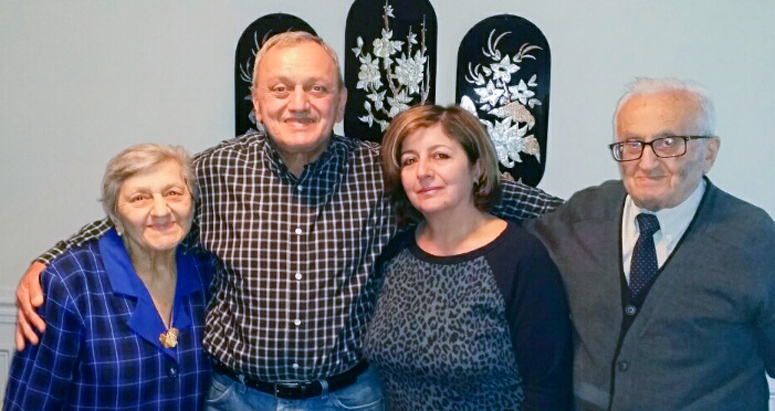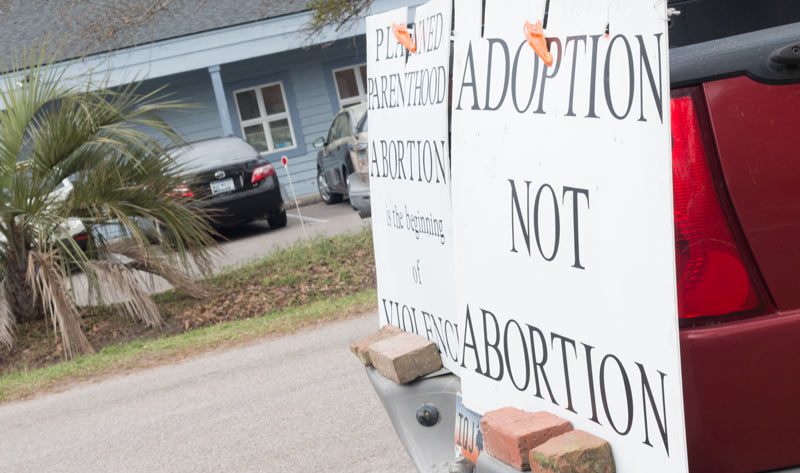Violations against religious freedom were particularly acute under authoritarian regimes in the Eastern Hemisphere. With the exception of Cuba, all of the 28 countries the commission designated as the worst perpetrators in 2017 lie east of the prime meridian.
The worst abuses against religious freedom included genocide, enslavement, rape, imprisonment, forced displacement, forced conversions, property destruction, and bans on religious education of children.
The commission recommended that 16 countries be recognized by the State Department as a Country of Particular Concern (CPC), a label that identifies foreign governments that engage in or tolerate “systemic, ongoing, and egregious” religious freedom violations. Receiving this designation from the State Department opens the door to consequences including trade and funding sanctions.
These 16 are the same countries that USCIRF recommended last year. The State Department went on to recognize 10 as CPCs in December 2017: Burma, China, Eritrea, Iran, North Korea, Saudi Arabia, Sudan, Tajikistan, Turkmenistan, and Uzbekistan.
However, the U.S. Commission for International Religious Freedom urges that religious freedom violations in Pakistan, Russia, Syria, Nigeria, Vietnam, and the Central African Republic were so severe that these countries also merit CPC designation.
“What we have said for many years is that Pakistan is the worst country in the world that’s not designated for CPC. Pakistan is a world leader in imprisonment and convictions, prosecutions for blasphemy and apostasy, and those sorts of things,” Mark told CNA.
According to the report, approximately 40 people sentenced under blasphemy laws are awaiting the death penalty or serving life sentences, including Asia Bibi, a Christian mother and field laborer.
In December 2017, Islamic State affiliated suicide bombers attacked a church in Quetta, Pakistan, killing nine people. The upcoming national elections in July 2018 have exacerbated religious tensions in the country.
“Conditions in Pakistan are not just bad at the level of law, where for example, Ahmadis are out in the constitution for second-class citizenship, but also at the level of civil society where a culture of impunity has grown,” continued Mark, who explained that vigilante mobs have been attacking people on the basis of blasphemy accusations.
In lieu of CPC designation, Pakistan was placed on a “Special Watch List” by the State Department in December 2017. This list is a new category created by the 2016 amendments to the International Religious Freedom Act.
“Matters concerning Pakistan are very sensitive on account of the fact that they are a partner of ours in combating terrorism around the world in the war in Afghanistan and so on. But, given the rise of extremism in Pakistan … we really do think that pressure should be kept up, notwithstanding the cooperation that our two countries need,” said Mark.
The USCIRF chairman told CNA that he is concerned that both Russia and China intensified repression of religious freedom over the course of 2017.
“Russia, which we recommended for designation for the very first time last year, continued to deteriorate. The repression in some of the post-Soviet Central Asian states have followed Russia’s model, sadly,” said Mark.
The report notes that Russia is the only country to have expanded its repressive policies to a neighboring territory by means of military invasion. Crimean Tatar Muslims are being kidnapped, tortured, and imprisoned in Russian-occupied Ukraine.
“Russia is such a big player on the world stage. It is really important that the message be sent clearly,” said Mark referring to religious freedom.
The report also mentioned religious persecution in China, including persecution of Catholics, noting that 2017 marked 60 years since the creation of the state-run Chinese Catholic Patriotic Association.
Two regions of China with significant ethnic and religious minority populations, Xinjiang and Tibet, “increasingly resemble police states,” the report said.
“Monks and nuns who refuse to denounce the Dalai Lama or pledge loyalty to Beijing have been expelled from their monasteries, imprisoned, and tortured.”
The report also cites mounting revelations of the Chinese authorities torturing other prisoners of conscience and human rights defenders to force confessions and compel individuals to renounce their faith.
In its 2018 report, USCIRF also recognized 12 additional countries with a Tier 2 status of less severe or systemic religious freedom violations: Afghanistan, Azerbaijan, Bahrain, Cuba, Egypt, India, Indonesia, Iraq, Kazakhstan, Laos, Malaysia, and Turkey.
USCIRF recommends in the report that the U.S. government prioritize efforts to advocate for the release of prisoners of conscience. Chairman Daniel Mark pointed to the recent trip of Sam Brownback, ambassador at large for International Religious Freedom, to Turkey on behalf of imprisoned Christian pastor Andrew Brunson as a good example.
Mark also highlighted that there have been some improvements in international religious freedom efforts during the past year.
“The pushback against ISIS in Iraq and recapturing all or almost all of the territory from them has been absolutely critical in saving lives. And another thing that gets much less noticed is international cooperation. It was great to see that on January 1st Denmark opened a new office with an ambassador representative covering this issue and we hope to see more countries follow,” he said.
The Islamic State was one of the non-state actors that USCIRF report recommended to be designated as an Entity of Particular Concern, along with the Taliban in Afghanistan, and al-Shabaab in Somalia. The Frank R. Wolf International Religious Freedom Act passed in December 2016 requires the U.S. government to also identify these non-state actors as Entities of Particular Concern or EPCs.
By Courtney Grogan / CNA/EWTN News
Photo, Unsplash



